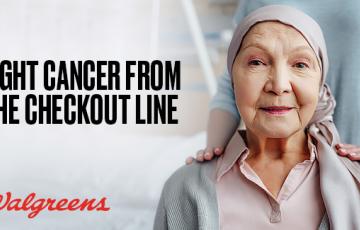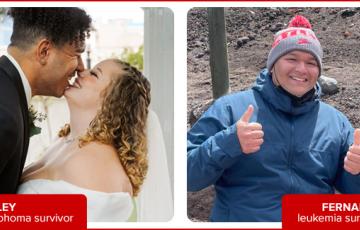Cutaneous Lymphoma Foundation
To support every person with cutaneous lymphoma by promoting awareness and education, advancing patient care, and facilitating research.
- Provides education and support to patients diagnosed with CL
- Information on website is designed to help physicians, nurses and other health professionals access resources related to cutaneous lymphoma.
Anyone seeking information on cutaneous lymphoma (CL)
248-644-9014 http://www.clfoundation.org

